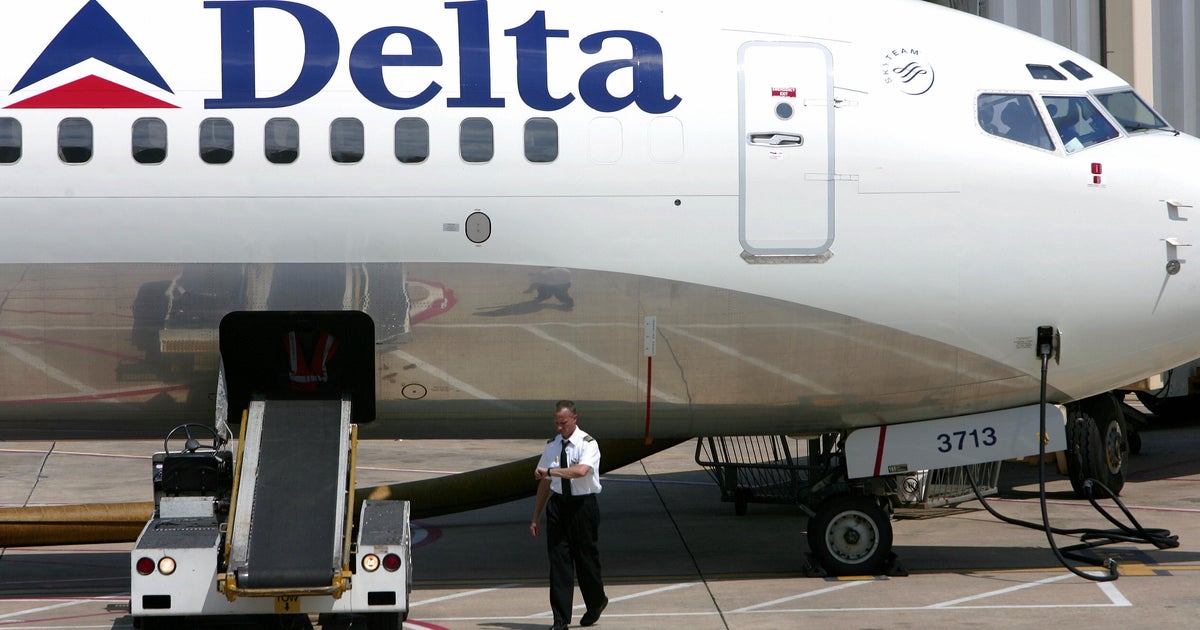"Dangerous and unethical experiment": England drops restrictions despite surging COVID infections
London — Amid a massive surge in COVID-19 cases fueled by the highly contagious Delta variant, the U.K. government dropped virtually all of its remaining coronavirus restrictions for England on Monday, declaring July 19 "Freedom Day." But as nightclubs and movie theaters reopened to full-capacity crowds, thousands of people, including Prime Minister Boris Johnson, were forced to self-isolate due to possible exposure to the virus.
"This is the right moment, but we've got to do it cautiously," Johnson said in a statement defending the reopening. His stance is that mass-vaccination has weakened the link between infections and severe illness and deaths in England, and that easing restrictions to get the economy back up and running now will help avoid a flood of cases in the fall, right as hospitals deal with seasonal flu and other winter maladies.
Scotland, Wales and Northern Ireland, the other nations in the U.K., were maintaining some COVID-19 restrictions despite the move by Johnson's government, which only dictates health policy in England.
Quarantine rules still apply to non-vaccinated travelers entering England and the other British nations.
On Monday, the U.S. Centers for Disease Control and Prevention urged travelers to "avoid travel" to the U.K., saying that "because of the current situation in the United Kingdom, even fully vaccinated travelers may be at risk for getting and spreading COVID-19 variants."
COVID in the Cabinet
As cases quickly rise, the national test-and-trace app, which alerts people if they have been close to someone who tested positive for COVID-19, has been sending out an increasing number of notices to self-isolate.
If someone receives an alert via the app, they're required to self-isolate for 10 days.
Johnson and his Chancellor of the Exchequer, Rishi Sunak, were both alerted after the U.K. Minister of Health, Sajid Javid, tested positive for the virus on Saturday. Initially the government said Johnson and Sunak would avoid self-isolation by taking part in a special pilot program available to government workers, but that plan was scrapped within hours amid a public outcry over a perceived double standard.
The surge in positive cases has brought a surge in notifications, or pings from the app, advising people to self-isolate, causing massive disruption to businesses across England.
"Freedom Day" in a "ping-demic"
"People are dancing, we're all drinking again, no social distancing, this is what life's about," one young person told BBC News minutes after they were allowed back into a nightclub when the restrictions were dropped at midnight.
But while some businesses can now resume operating at full capacity, others are being forced to close or curtail operations due to the spike in coronavirus cases and the number of workers being "pinged" to self-isolate.
Richard Walker, the chief executive of the British supermarket chain Iceland, said that he had been able to keep all of the store's branches open during lockdown, but that the company was now being forced to temporarily close some stores and reduce opening hours because so many workers were being told to self-isolate by the NHS' track and trace app.
With more than 500,000 people notified to self-isolate in the week leading up to July 7 alone, business leaders and government critics worry the "ping-demic" could get worse.
Walker said he was planning on hiring an additional 2,000 workers to help with staff shortages.
"The concern is that, as this thing rises exponentially as we've just been hearing, it could get a lot worse a lot quicker," Walker told BBC News.
"A dangerous and unethical experiment"
Last week, health experts condemned the U.K.'s move to lift coronavirus restrictions in England amid a surge in cases as "a threat to the world." On Sunday, 48,161 people in the U.K. tested positive for COVID-19, and Britain's health secretary has warned that number could go as high as 100,000.
Scientists worry that easing the rules could make England a breeding ground for new, potentially vaccine-resistant variants. Experts have also stressed that reopening will disproportionately affect young people, as vaccination has only been made available to U.K. residents over 18.
"This strategy risks creating a generation left with chronic health problems and disability, the personal and economic impacts of which might be felt for decades to come," scientists said in an open letter published in The Lancet medical journal, co-signed by over 1,200 doctors.
"We believe the (U.K.) government is embarking on a dangerous and unethical experiment," the letter said.
Some local leaders across England have also questioned the lifting of restrictions, including London Mayor Sadiq Khan, who said masks would remain mandatory on public transportation in the capital despite the national rule being dropped.
"The wearing of face coverings helps reduce the spread of COVID, and crucially gives Londoners confidence to travel — vital to our economic recovery. My mask protects you, your mask protects me," Khan said.



